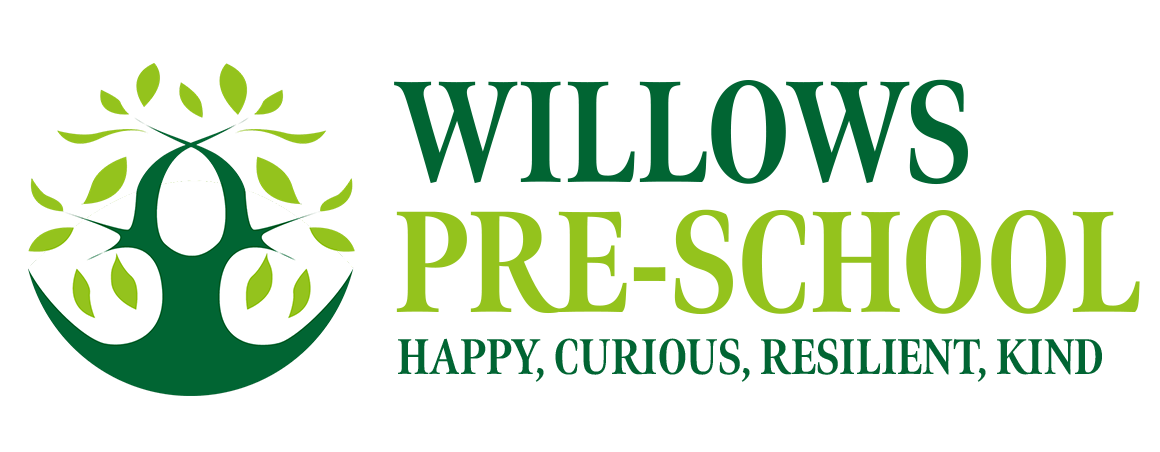Early childhood education is a rapidly evolving field, and new pedagogies are constantly being developed. However, at Willows, we believe that the key to successful early childhood education is communication.
By encouraging quality conversation between educators and children, we create an environment where learning can thrive. Our approach is based on the three main forms of communication: cognitive reciprocity, serve and return, and sustained shared thinking. A substantial portion of your everyday conversation is nonverbal. We respond to thousands of nonverbal cues and behaviours every day, including postures, facial expressions, eye gaze, gestures, and tone of voice. These are super important for very young children. Paying attention to these nonverbal cues can help you to better understand the child’s message and intent.
By supporting these forms of communication, we create an environment where children can feel safe to explore and learn.
Additionally, our approach is based on the principle of the Zone of Proximal Development, (the difference between what a child can do independently and what they can learn to do with the help of a more knowledgeable individual) which means that we focus on supporting children as they develop new skills.
We find it easier and more understandable to call this process Quality Conversation. We believe this concept provides a strong foundation for early childhood education.





